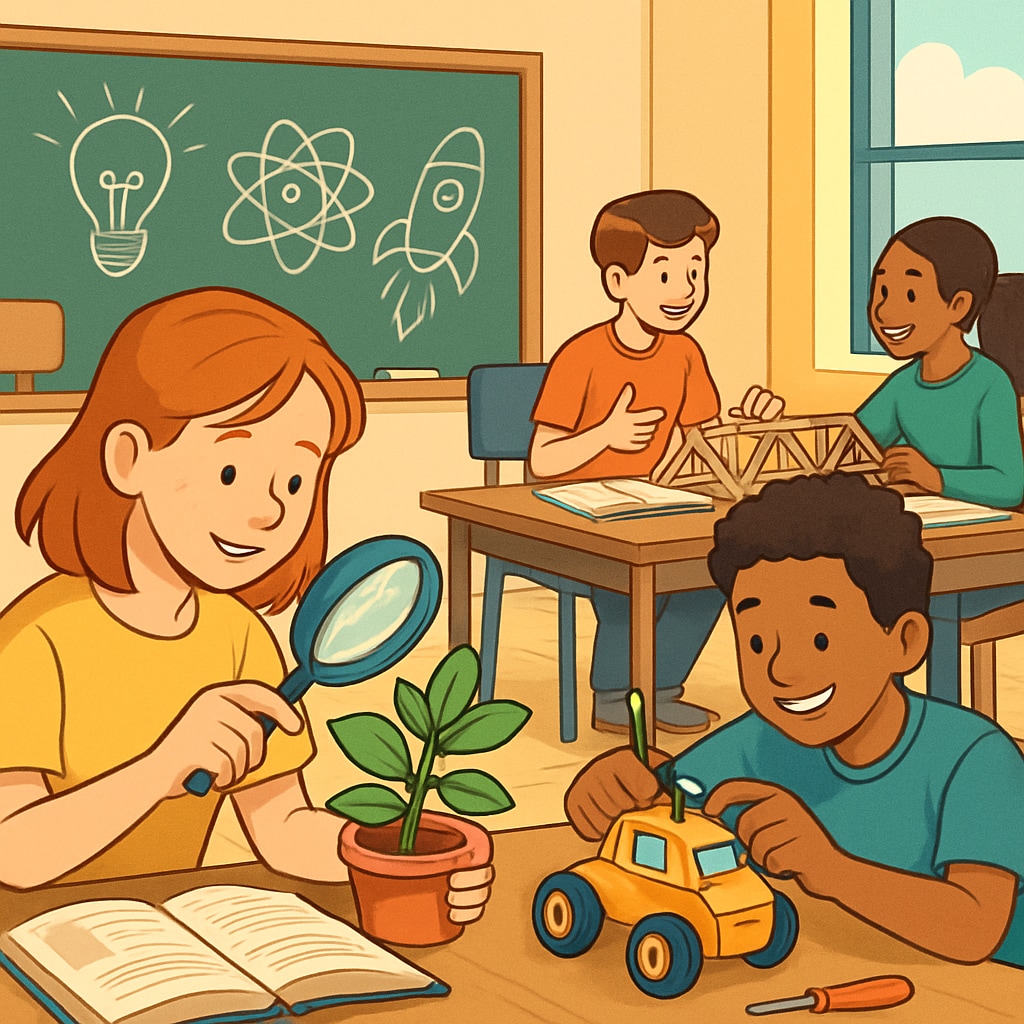Many university students face academic struggles due to a lack of interest in their chosen majors. This challenge often results in reduced motivation, diminished academic performance, and a sense of aimlessness in life. The root causes of this issue can often be traced back to shortcomings in K12 education, where insufficient focus on interest exploration and career planning leaves students unprepared for higher education and future careers. To address this, early interventions in education, such as fostering curiosity, encouraging diverse evaluations, and implementing career planning, can make a significant difference.
Understanding the Loss of Academic Motivation
Academic motivation is a critical factor in student success. Unfortunately, many university students report feeling disconnected from their studies due to a lack of interest in their chosen fields. For instance, a student majoring in accounting who has no passion for numbers may struggle to find the drive to complete assignments or study for exams. As a result, academic struggles become inevitable, leading to lower grades, missed opportunities, and even mental health challenges like anxiety or burnout.
This loss of motivation often stems from a mismatch between a student’s abilities, interests, and their chosen academic path. While some students select majors based on parental pressure or financial prospects, others may simply lack the self-awareness needed to make informed decisions. The question remains: How can this cycle be broken?

The Role of K12 Education in Shaping Academic Interests
The foundation for academic motivation and career satisfaction is laid during the K12 years. Unfortunately, many education systems focus heavily on standardized testing and rote memorization, leaving little room for students to explore their personal interests. This creates an environment where curiosity and passion are stifled rather than nurtured.
Moreover, K12 curricula often lack comprehensive career guidance programs. For example, students may not be exposed to different industries, career paths, or the skills needed to succeed in them. Without this exposure, students are left to make critical decisions about their futures with limited knowledge.
To address these issues, schools can adopt the following strategies:
- Incorporate interest-based learning projects into the curriculum to help students discover their passions.
- Utilize diverse evaluation methods, such as collaborative projects and creative assignments, to cater to different learning styles.
- Implement early career exploration programs, including job shadowing opportunities and industry guest speakers.
These interventions can empower students to make informed decisions about their academic and professional futures.

Practical Solutions for University Students
For university students already struggling with academic motivation, it’s not too late to make changes. Here are some practical steps they can take:
- Self-Reflection: Students should take time to evaluate their interests, strengths, and long-term goals. This can help them determine whether their current major aligns with their aspirations.
- Seek Academic Advising: University advisors can provide guidance on switching majors, selecting electives, or exploring minors that align with a student’s interests.
- Pursue Extracurricular Activities: Joining clubs, internships, or volunteer programs related to their interests can reignite passion and provide a sense of purpose.
- Focus on Transferable Skills: Even if a student wishes to change their career path, skills like communication, critical thinking, and teamwork are valuable in any field.
By taking these proactive steps, students can regain their sense of direction and motivation.
Conclusion: A Shared Responsibility
The issue of academic motivation is multifaceted, requiring a collaborative effort from educators, parents, and students. By addressing the shortcomings of K12 education and providing better tools for career planning, we can help future generations navigate their academic and professional journeys with confidence.
For students currently facing academic struggles, it’s important to remember that it’s never too late to make a change. With the right resources and support systems, they can rediscover their passions and chart a fulfilling path forward.
Readability guidance: This article uses short paragraphs and lists to enhance clarity. The content balances active and passive voice while incorporating transition words to maintain flow.


